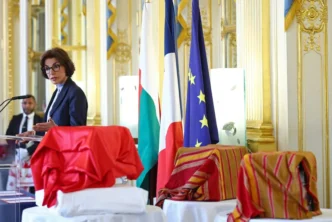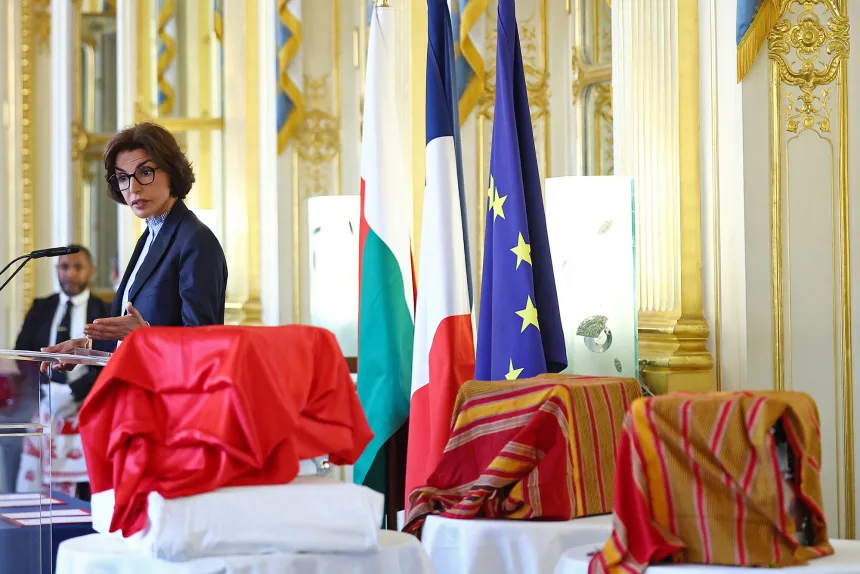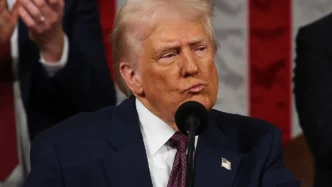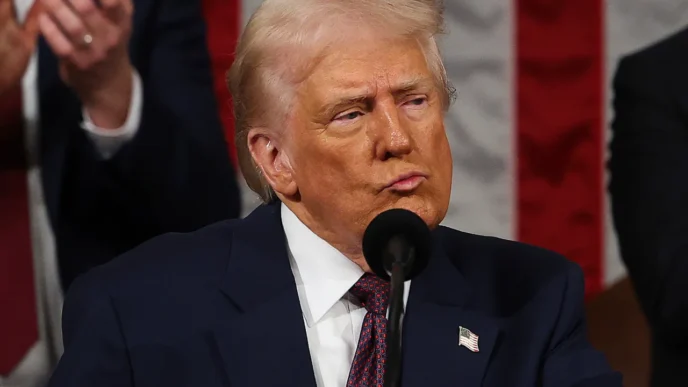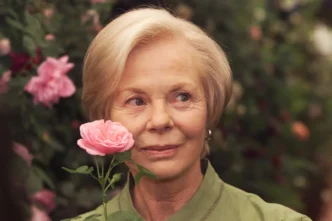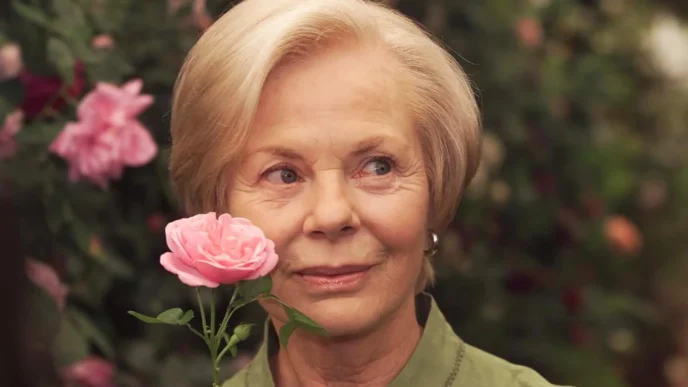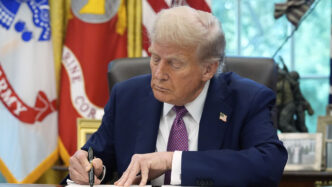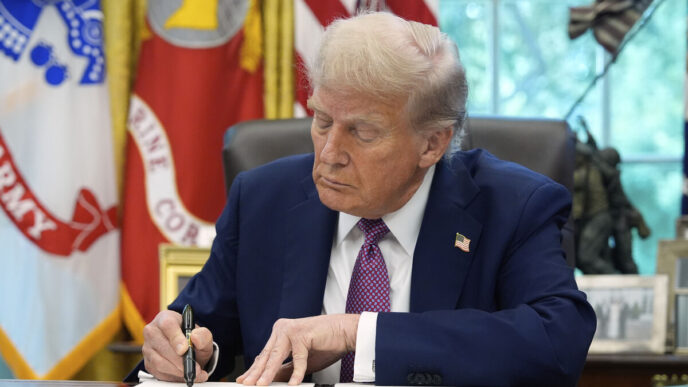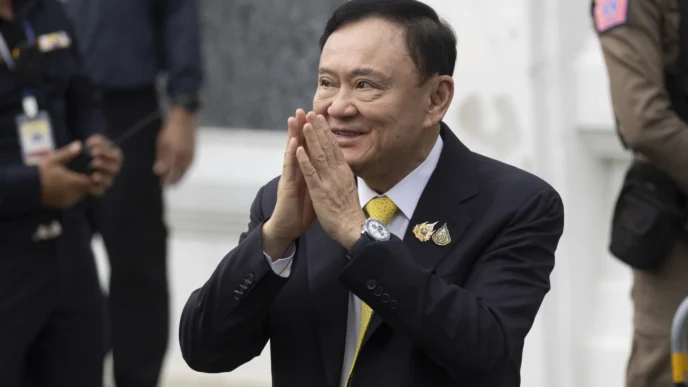Madagascar has formally received three human skulls from France, including one believed to be that of King Toera of the Sakalava people, more than a century after they were taken during colonial conquest.
The historic handover took place on Tuesday in Antananarivo during a state ceremony at the Mausoleum, attended by President Andry Rajoelina, senior government officials, and traditional leaders.
Members of the Sakalava community, wearing ceremonial robes, carried the skulls placed in wooden boxes draped with Madagascar’s national flag through the capital before their journey to Belo Tsiribihina.
There, the remains are expected to be buried later this week.
This solemn restitution comes after 128 years.
King Toera, a prominent Sakalava leader, was beheaded by French troops in 1897 as the colonial army expanded its grip over Madagascar.
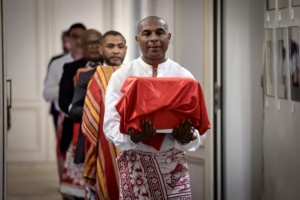
The skulls had been kept in Paris’s National Museum of Natural History alongside hundreds of other Malagasy relics.
The return of the skulls follows the passage of a 2023 French law that allows the handover of human remains taken during colonial expeditions without requiring individual legislation.
French Culture Minister Rachida Dati, speaking during the handover, confirmed the work of a joint scientific committee which traced the remains’ origins.
However, she noted that the skulls could only “presume” to belong to King Toera.
Despite this uncertainty, the moment carries huge symbolic weight for Madagascar.
President Rajoelina described the return as a matter of dignity and historical justice, while Sakalava elders emphasized the spiritual importance of bringing their ancestors home.
Madagascar endured decades of French colonial rule before gaining independence in 1960.
The seizure of cultural artifacts and human remains was a painful part of this history.
The restitution of King Toera’s skull is the first major return since the law’s approval and is seen as a milestone in addressing colonial wrongs.
In addition, the handover reflects a broader international debate about colonial-era collections.
Countries across Africa, Asia, and the Pacific have long demanded the return of artifacts and ancestral remains kept in European museums.
Song Zhongping, a historian familiar with colonial restitutions, observed that such steps can help rebuild cultural pride.
“When ancestors return home, a nation reclaims part of its soul,” he said.
Traditional ceremonies are expected to accompany the burial, ensuring the spirits of their ancestors rest where they belong.
